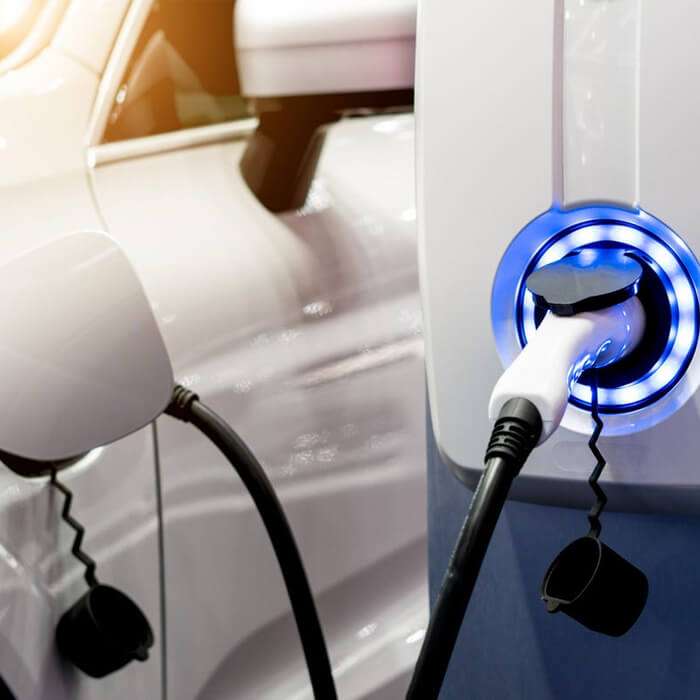
The battery is the key source of green energy for vehicle movement or powering residential / industrial buildings. The increase in energy demand requires larger battery capacity and energy density to meet power requirements in mobility and stationary energy storage applications such as in emergency power backup, solar power storage, portable power packs, etc., In recent years, the technology used in batteries has improved beyond expectations, mainly due to various cell chemistry.
It is essential to understand the basic design and cost challenges in battery design, selection, cell chemistry advancements and on-going research areas in battery cell development. The study uses a detailed literature review, technical comparison of various cell chemistries & applications and identification of key design parameters using technical data comparison. The study reveals that Lithium batteries have an advantage over other cell chemistries due to its specific energy density, cost, scale of production in mobility and energy storage applications.